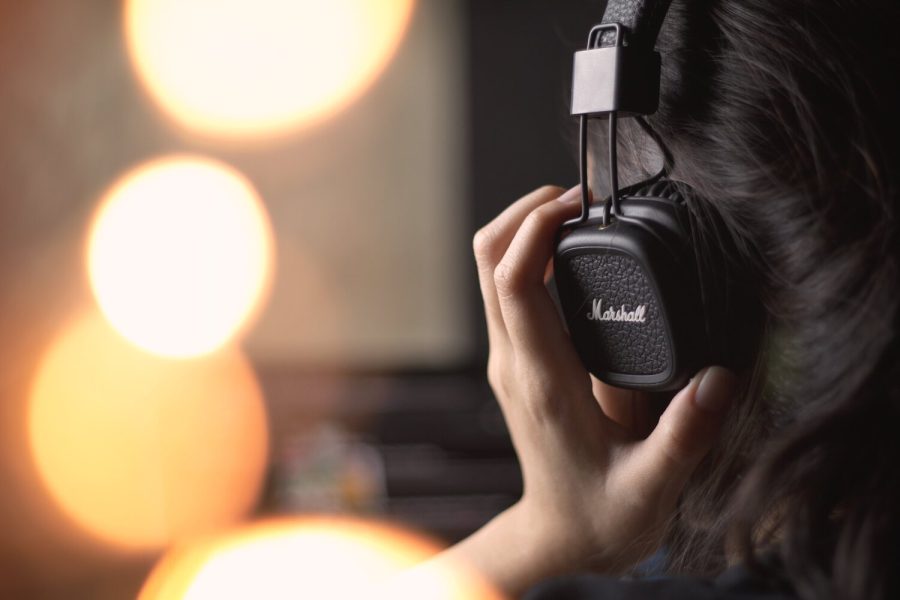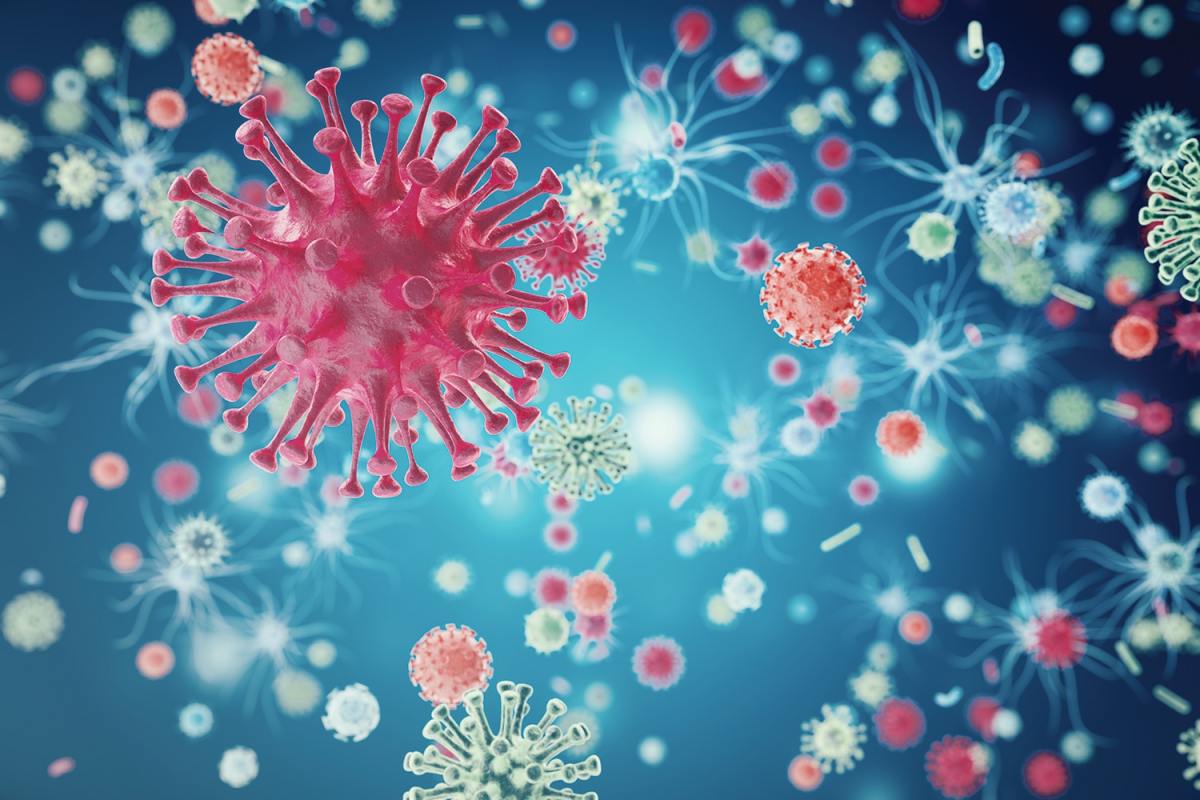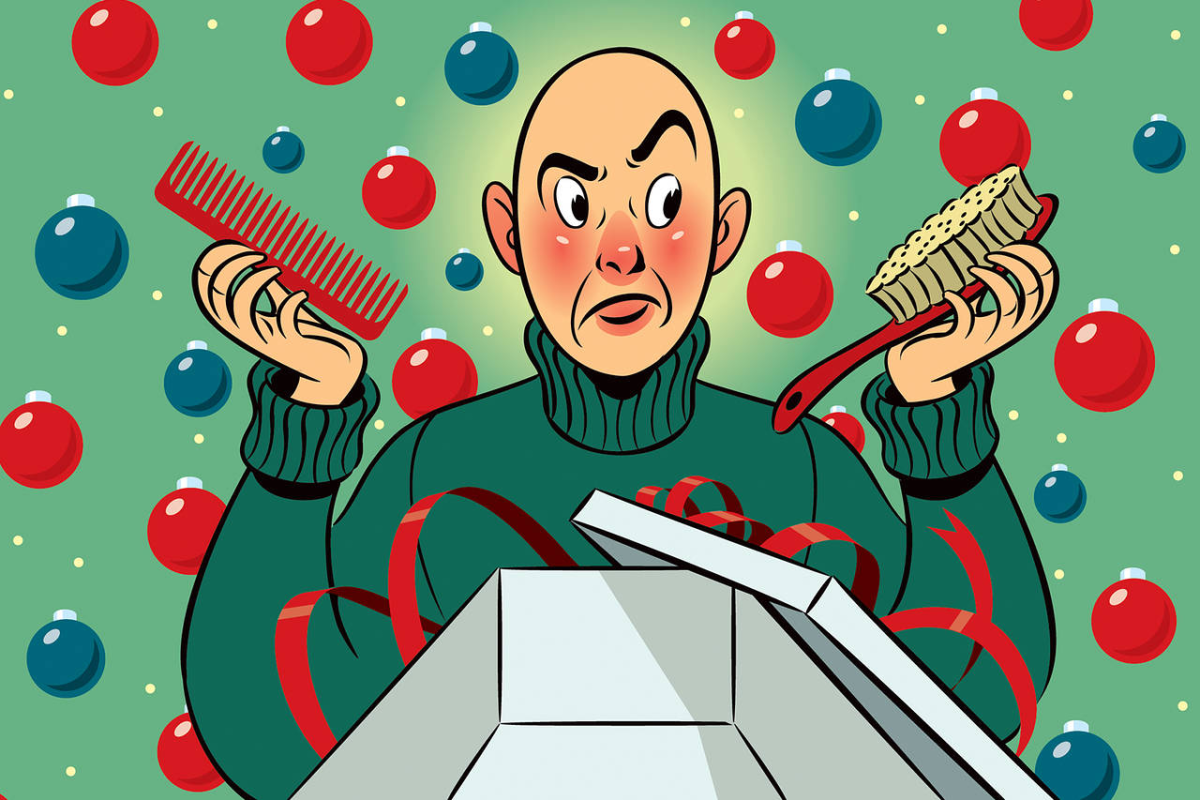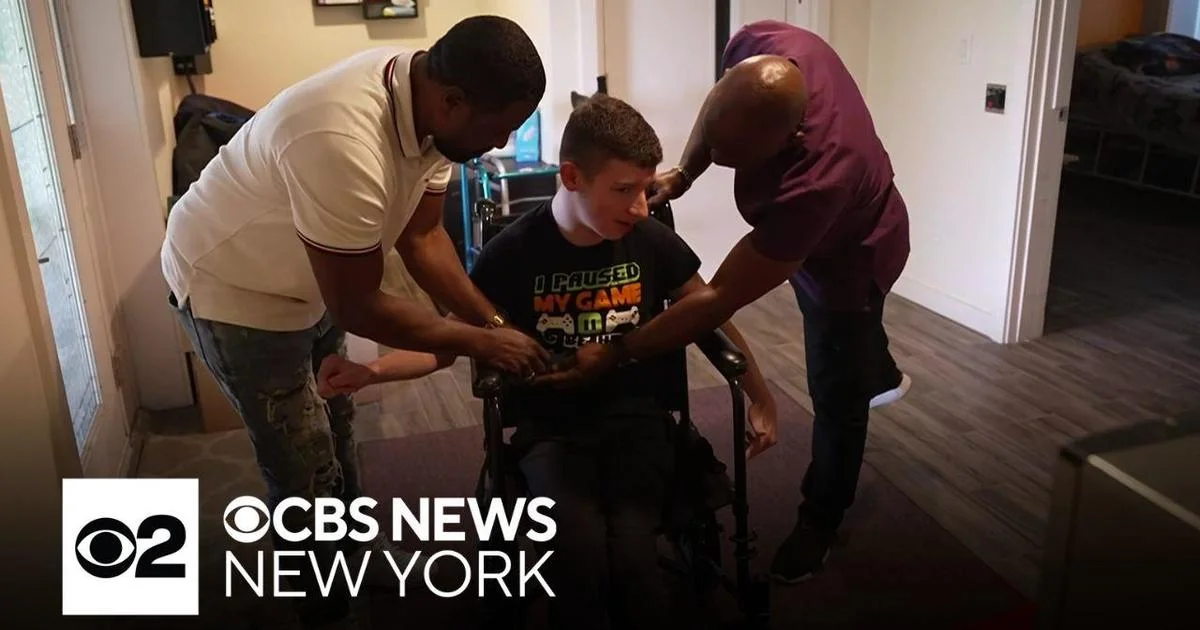As the holidays pass and the weather gets colder, it’s safe to say that our emotions and routines aren’t the same. It’s hard to remain stable when the days are as off as how we feel. Many people wonder why this happens, why they feel so burnt out over the winter or even feel as if they are depressed. These emotions are completely normal and have science to back them up. Seasonal Affective Disorder is a type of depression, where persons depending on the season, experience depression-like symptoms. According to the National Institute of Mental Health, “Studies indicate that people with [Seasonal Affective Disorder], especially winter-pattern [Seasonal Affective Disorder], have reduced levels of the brain chemical serotonin, which helps regulate mood. Research also suggests that sunlight affects levels of molecules that help maintain normal serotonin levels.”
While it may feel like symptoms will only get better until warmer seasons come around, I’m here to tell you that there is help and solutions available. One way to promote better well being during the winter season is self care, get more activity in your day like walking, a light 30 minute workout, or even fixing your sleeping pattern. Tasks like these are so simple but often disregarded as we get caught up with our busy schedules and personal lives.
Another way to reduce symptoms or feelings associated with Seasonal Affective Disorder is seeking out treatments like light therapy, talk therapy, and medications. The disorder is rooted by an imbalance of chemicals; serotonin, a neurotransmitter that affects mood, melatonin, the hormone that helps us go to sleep and affects our mood, and lastly, Vitamin D, which decreases with less sun exposure and affects serotonin levels. The imbalance of these chemicals can be hard to manage especially throughout the duration of winter, so don’t be afraid to get the help you need.
Finally, the last and most important way to reduce symptoms of Seasonal Affective Disorder is having healthy coping mechanisms and support. You and your surroundings matter, make sure that you are able to get the help you need or have a trusted adult/guardian to talk to about your emotions. Allow yourself to socialize, try new ways to manage your stress like journaling, and stick to your treatments.
















































































































































































